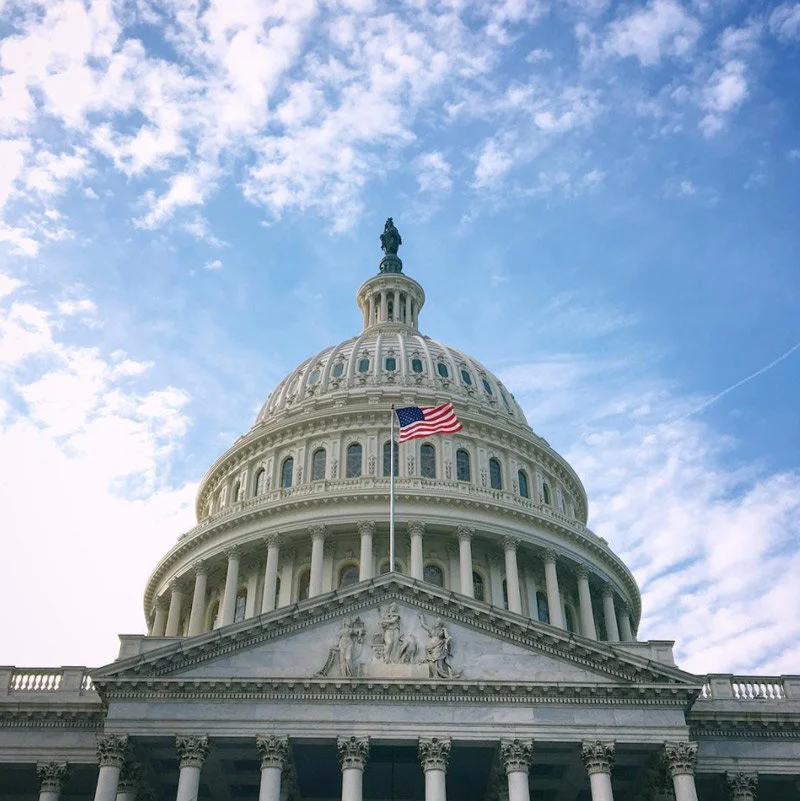Risk-informed pricing is a market-based path forward to pay for the transition to resilient, climate friendly, soil health practices, and can also address some of the challenges that carbon markets, while they may hold enormous potential in the coming years, are ill-suited to address.
Read MoreIt is essential to acknowledge that on-farm resilience is at the core of how we ensure the stability and reliability of our agricultural supply chain, and that soil health, in turn, is at the center of on-farm resilience.
USDA has an opportunity to increase the resilience of our suppliers and encourage our growers and livestock producers to adopt soil health practices in order to de-risk our national food, fuel and fiber supply chains through non-legislative actions that can be initiated by setting agency priorities and enacting the following concrete recommendations.
Read MoreLand Core and 450+ businesses and organizations have urged Congress to invest $200 billion into a more resilient US agriculture through the President's infrastructure package. Thanks to all who signed on to this critical initiative, and please continue to share the letter with your networks and Members of Congress. We cannot let US ag be left out of a major infrastructure and jobs act.
Read MoreThere’s a unique opportunity at hand for organizations (and individuals) invested in soil health to support getting agriculture its fair share of the President’s proposed $2.2 trillion infrastructure package. Join a growing group of legislators, organizations & businesses in calling for Congress to prioritize climate-resilient agriculture now.
Read MoreUSDA has the opportunity to transform how we support our producers in their transition to a more climate-resilient and regenerative agriculture system in the U.S.
In particular, there is enormous opportunity to advance critical infrastructure for the scaled adoption of soil health practices––resulting in production agriculture that reduces risk and is more profitable, productive and ecologically-sound––through non-legislative actions that can be initiated by setting agency priorities and enacting the following concrete recommendations.
Read MoreWith the arrival of Earth Day, there has been a flurry of legislative activity in the US Congress, including some major proposals that impact soil health and agriculture.
We are thrilled to see some of Land Core’s key messages incorporated into a number of bills, with language supported by both parties and in both chambers! Read on for a recap of “need to know” bills.
Read MoreExplore the expanded version of our Congressional Soil Health Bill Tracker, which highlights bills introduced into U.S. Congress that could have a significant impact on soil health and resilience.
Now featuring a bill summary, analysis, existing support and cosponsors, links to related materials, and the latest action in Congress for each bill.
Read MoreSoil Health is a non-partisan, keystone issue that provides the common ground to move America forward.
These executive, legislative, and agency recommendations are designed to ensure the incoming administration has clear guidance on how to take bold action in advancing soil health to build a more resilient and profitable US agricultural system.
Read MoreLand Core submits comments to the United States Senate Committee on Agriculture, Nutrition, and Forestry: Hearing to Review S. 3894, The Growing Climate Solutions Act (GCSA) of 2020.
This bipartisan bill recognizes the economic and environmental potential of improved land management, and the role of USDA in providing infrastructure to enable US producers to access private sector capital.
Read MoreIn response to the request for information from the House Select Committee on the Climate Crisis, Land Core recommends that Congress adopt the following suite of practical, non-partisan policies
Read MoreView the memo of recommendations submitted to NRCS-CIG regarding the implementation of the On-Farm Trials and Soil Health Demo Trials.
Read MoreLand Core submitted comments to the first hearing on soil health in the 116th Congress that helped to shape the direction of this important moment for both Congress and USDA.
Read More












